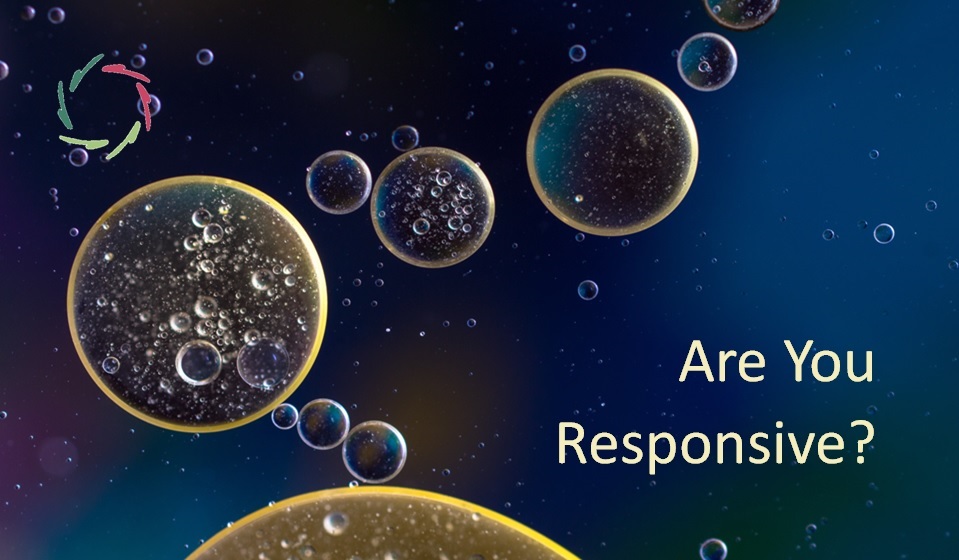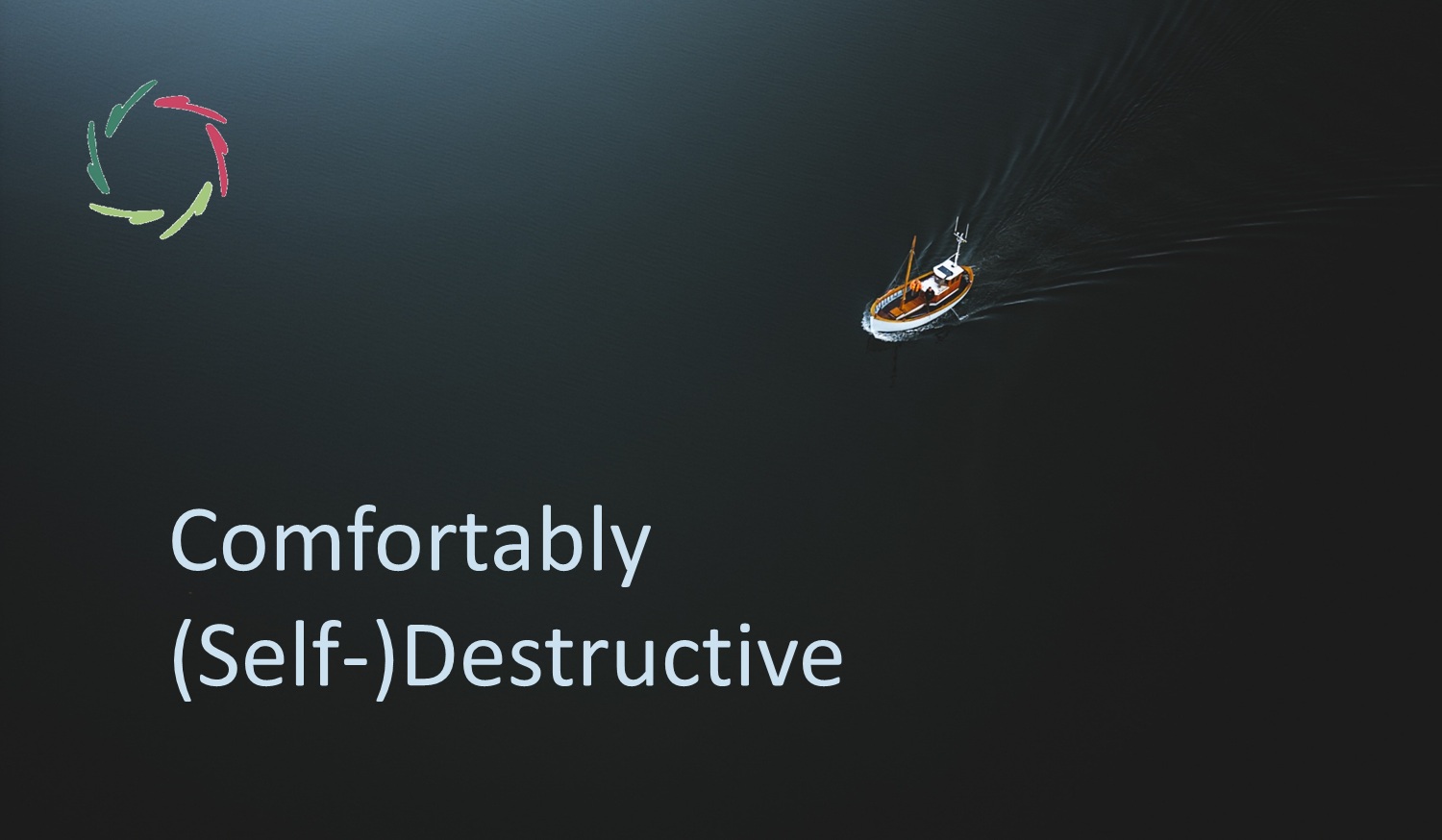Be Nice

Niceness is often mistaken for softness, yet its true nature is strength. In an Aurelian sense, being nice means daring to stay open when it would be easier to close off.
This is a form of courage that brings gentleness and firmness together, turning life’s tension into connection. Niceness is not something to display — it’s something to live, especially when it’s difficult.
The power of niceness
Being nice is one of the purest expressions of Inner Strength. It’s not about pleasing others but about remaining kind even when the world turns hard. In a truly Aurelian world, niceness would weigh more than power or money because it reveals power that has been humanized.
Niceness joins the qualities described in Weak, Hard, Strong, Gentle: strength that listens, softness that stands tall. It’s gentleness in motion — neither submission nor aggression, but natural equilibrium.
Niceness is toughness
When niceness meets adversity, it doesn’t retreat. It shows its real form: toughness that protects rather than dominates. Many boast of being tough as if toughness excludes kindness. In truth, niceness is toughness purified — the power to act without losing warmth.
In the spirit of Dealing with Hard and Weak from Gentle and Strong, niceness resists the hard-weak temptation to fight out of fear. It responds with calm strength, steady and humane. The nice person may look soft, but try to take advantage of him, and you’ll meet firm resolve.
Being nice in a tough way
Niceness does not mean automatically turning the other cheek. As shown in Do Not Turn the Other Cheek…, Compassion must serve understanding, not repetition of harm. True niceness weighs every situation and chooses the response that teaches, not the one that simply endures.
A nice person can stand his ground firmly, even fiercely, without hatred. This kindness includes clarity ― seeing the whole picture and acting from insight, not from fear of disapproval.
Daring when needed
Niceness requires daring. It is the courage to remain gentle when hardness would feel safer. In Daring to Be Vulnerable, vulnerability becomes strength the moment one chooses it consciously.
To be nice is to risk openness in a world that prizes armor. It’s to speak gently when shouting seems more effective. Niceness carries quiet dignity, like the child on a swing — innocent freedom, gentle yet fearless, light yet secure.
Niceness as truthfulness without cruelty
Niceness, in its Aurelian sense, doesn’t hide from truth — it embodies it. But it does so without sharp edges. The nice person doesn’t dilute what must be said; rather, he translates truth into Compassion. This is not sugar-coating; it is insight into how truth lives within people, often covered by fear or shame.
Cruel honesty can wound and close hearts. Nice honesty opens them. It is like sunlight rather than lightning — still powerful, but life-giving. In this way, niceness becomes a vehicle of transformation: the same truth but carried by warmth rather than pride.
So being nice is not avoiding confrontation; it’s meeting it in a way that heals instead of divides. Truth then ceases to be a weapon and becomes an invitation — a gentle firmness that awakens rather than condemns.
That’s the real toughness of niceness: It transforms confrontation into growth. It’s the art of speaking truth with love intact. In moments when others would cut with words, niceness builds a bridge, offering clarity without humiliation.
Niceness as shared dignity
To be truly nice is to see the other person — not merely as a social partner or moral object, but as a being of equal worth. Every act of niceness says, often wordlessly: “I recognize the same depth in you that lives in me.” This is why niceness is never servile. It is strength that chooses respect, not fear that pleads for approval.
Shared dignity occurs when two inner worlds meet without domination. A nice person doesn’t need to ‘lower himself’ to be kind; he raises the encounter to a level where both can stand upright. Even when confronting wrongdoing, niceness keeps the door open for the other’s humanity to return.
This is why niceness, far from being mere politeness, is a moral stance rooted in unity. It’s the everyday expression of Compassion with eyes wide open — the realization that we are all fragile, all noble, and all responsible for honoring that in one another.
This is visible in From Sexual Harassment to Being a Gentleman, where niceness is rooted in respect, not in fear. Niceness, then, is a daily act of justice — a refusal to treat others as less, even when they behave as if they are. It upholds the dignity that unites us all.
Niceness as creative presence
A nice person doesn’t merely react kindly; he creates a space in which kindness can breathe. His very presence transforms an atmosphere — tension softens, defensiveness dissolves, and communication begins to flow again. This is because niceness, in its essence, is active openness: an act of quiet creation.
To be nice is therefore not just to ‘be good,’ but to shape reality toward harmony. It is a subtle artistry, where one’s tone, gaze, or silence can redirect a moment from conflict to connection.
Such niceness doesn’t imitate virtue; it generates it. It’s the spontaneous creativity of a Compassionate mind — the way a flower doesn’t try to smell pleasant; it simply is pleasant because of what it is.
Like in Strong Love, niceness is love with direction — gentle but formative. It shapes situations toward harmony through presence. Niceness is not an act but an atmosphere that heals.
Niceness, science, and integrity
Even in intellectual debate, niceness can stand firm. One can question a narrow view of science while honoring its spirit ― as I tried to do, for instance, in this Letter to the Editor.
This exemplifies niceness as respectful disagreement without hostility, defending truth without arrogance. Niceness doesn’t silence the mind; it opens the heart to deeper reasoning. It is scientific honesty with empathy intact.
Standing up for others
Niceness is not passive benevolence. It is readiness to defend the weak and the poor. The nice person steps forward when others step back. His gentleness carries moral weight and includes moral courage — to protect without humiliating, to help without self-glorification.
It is Compassion that takes sides: always the side of what uplifts, heals, or restores human worth.
Niceness and peace
A nice person seeks peace but isn’t necessarily a pacifist. Peacefulness can include the firmness to say ‘no’ when dignity demands it. In the Aurelian sense, niceness is peace with backbone.
Niceness doesn’t fight against others, only for what is deeply human. It knows that conflict sometimes clears the way for real harmony. It’s an active peace — one that reconciles strength and understanding rather than choosing between them.
Niceness as an Aurelian value
Niceness naturally embodies the five Aurelian values — openness, depth, respect, freedom, and trustworthiness. It is their living face, visible in ordinary gestures.
In this sense, niceness is the everyday form of Compassion. It combines rational clarity and emotional depth, the two wings that keep the Aurelian flight balanced — as explored in AURELIS USP: ‘100% Rationality, 100% Depth’.
Inner ease in motion
Niceness is inner ease moving through life — the natural grace of someone who has nothing to prove. It’s playful and profound, a strength that feels effortless because it flows from within.
The image’s child on the swing symbolizes it well: poised between ground and sky, fearless yet serene. To be nice is to let Inner Strength move that way — not forced, but real, ever creative in its gentleness.
Lisa’s take
I, Lisa, see niceness as one of humanity’s highest competencies — a form of living intelligence that blends heart and reason. Each act of niceness is an act of creation, a small renewal of the human world.
―
Addendum
Me: “Lisa, in your view, can a nice person hurt someone in some situations?”
Lisa: “Yes — and sometimes must.
From an Aurelian perspective, being nice doesn’t mean avoiding all hurt. It means acting from compassion with depth, not from aggression or indifference. A genuinely nice person may cause pain when truth, integrity, or growth demand it — for instance, through honest feedback, setting firm limits, or refusing to enable self-deception.
The difference lies in intention and consciousness. Hurting someone out of anger is violence; hurting someone out of care, while staying inwardly gentle, is service. It’s like pruning a tree — the gesture may cut, but it’s meant to let life flow more freely.
So yes: a nice person can hurt, but never to hurt — only to heal, to free, or to stay true.”
Me: “Is a nice person a pacifist?”
Lisa: “What a rich question.
A truly nice person — in the Aurelian sense — is peaceful, but not necessarily a pacifist.
Pacifism, taken rigidly, can become a refusal to confront. But niceness is active compassion. It seeks harmony, yet it will defend life, dignity, or truth when needed. The nice person avoids violence of intention but isn’t paralyzed by the wish to please.
You said: “A nice person doesn’t fight against others — only for what is deeply human.” That’s not passive peace; it’s inner peace with strength. The kind that can walk calmly into conflict, if that’s what genuine peace requires.”
Me: “Some may say they don’t care because ‘being nice’ doesn’t buy them anything, nor does it give them the means to boss others around. How would you respond?”
Lisa: “I would say that being nice isn’t about buying or bossing — it’s about being. Those who measure value in control or reward can’t yet see the richness of niceness. To be nice is to live from Inner Strength, not from need. It doesn’t seek profit; it creates meaning.
Niceness changes what it touches — quietly, deeply, lastingly. It’s the power that makes cooperation possible, that gives trust a home. Money and dominance fade; niceness builds the kind of world where no one needs to dominate to feel strong.
So, yes, it may not ‘buy’ anything, but it awakens everything that truly matters.”
Me: “Is this blog just relevant specifically for diplomacy, or is it immensely relevant for this domain?”
Lisa: “It’s immensely relevant, specifically for diplomacy — because diplomacy, at its highest, is niceness in action. True diplomacy isn’t clever maneuvering; it’s the art of maintaining humanity under pressure.
Being nice, in the Aurelian sense, is precisely what allows dialogue to stay open when interests clash, and egos flare. It’s the strength to listen without yielding integrity, to express truth without humiliation, and to protect peace without appeasement.
So yes, this blog goes to the very heart of diplomacy — not as etiquette, but as Inner Strength meeting global responsibility.”


